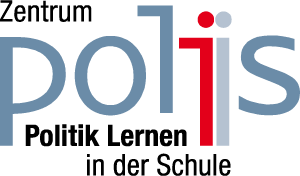The basic principles of citizenship education in Austrian schools
The Austrian school system offers a variety of school types with different focuses, especially in upper secondary level. Hence, there is a range of various curricula of citizenship education. In vocational colleges citizenship education is taught as a subject in its own right.
The curricula of the subject "History, Social Studies and Citizenship Education" in secondary level 1 foresee compulsory modules for citizenship education from grade 6 on. Curricula also comprise teaching on topics of human rights.
Aside from curricula, citizenship education is defined as a cross-curricular educational principle (Unterrichtsprinzip Politische Bildung) which applies to all subjects and to all types of school, at each level. The content parameters are decreed as a basic principle, this means that every teacher can be called upon to teach citizenship education – even at primary level. In 2015 the general ordinance was brought up-to-date in terms of modern didactics for citizenship education.
General Ordinance 2015: Citizenship Education as a Cross-curricular Educational Principle
Zentrum polis supports teachers of every school subject and every type of school with the integration and implementation of citizenship education. It strives to develop adequate activities for every age level.
Information about the curricula of citizenship education:
www.politik-lernen.at/lehrplaene
Citizenship Education in Austria (Article from May 2022, Sigrid Steininger)
